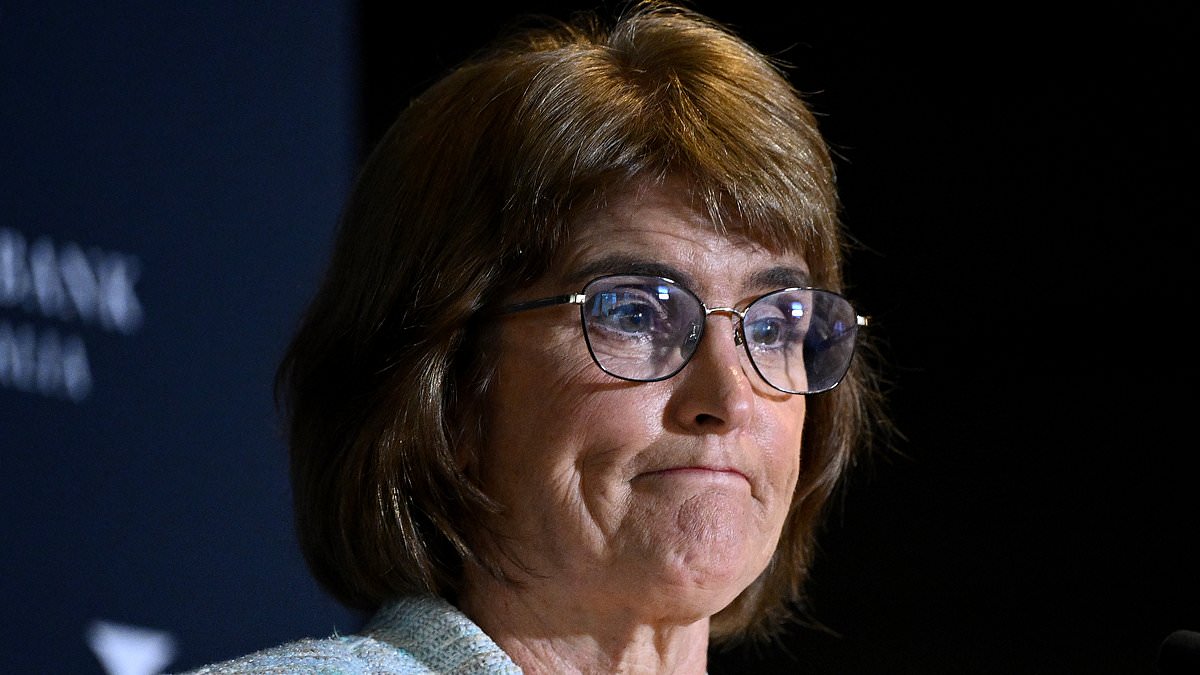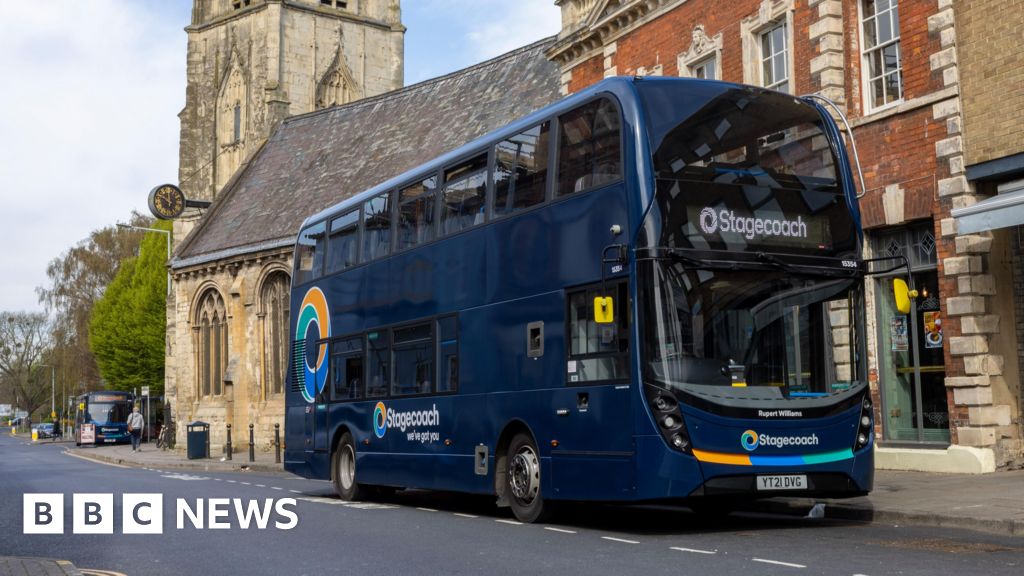Copyright dailymail

PVO: The RBA's Melbourne Cup Day interest rate hold wasn't surprising - but it certainly came with a warning The cash rate held at 3.6 per cent The path back to 3 per cent will be long READ MORE: Grim interest rate forecast for the next twelve months By PETER VAN ONSELEN, POLITICAL EDITOR, AUSTRALIA Published: 11:10 GMT, 5 November 2025 | Updated: 11:16 GMT, 5 November 2025 The cash rate stays at 3.6 percent, and the RBA has signalled that relief is neither imminent nor deserved. Inflation has ticked back up, the Governor bluntly pointed out and the path back to target is long and uncertain, thanks to Canberra's inability to play its part in the process of keeping inflation under control. The RBA now expects underlying inflation to sit above the 2 to 3 percent target band well into next year, only gliding back towards the midpoint by late 2027. That is a long time to leave households marinating in elevated interest rates, especially with real wages forecast to decline in the coming months and years. When inflation is going up, interest rates don't come down, it's that simple. Trimmed mean inflation lifted to 3.0 per cent year-on-year, and the ABS monthly CPI indicator jumped to 3.5 per cent. Those were the numbers that killed off any Cup Day cut, and for good reason. The RBA's updated Statement on Monetary Policy adds the kicker already alluded to: real wages are set to go backwards again next year. Its forecasts show the real Wage Price Index slipping into the negative through 2026 before only modestly recovering, a polite central bank way of saying that living standards will keep grinding downwards before they start to stabilise. RBA Governor Michele Bullock (pictured) announced the cash rate will remain at 3.6 per cent Treasurer Jim Chalmers (pictured) needed inflation to lower while wages steadily gained ground in order to fulfil his cost of living relief promises Pair that with what's happening to unemployment, it's going up, and you have a recipe for persistent household pain. When people lose their jobs they often lose their homes too, especially when rates remain higher than they should be. Perhaps worst of all, the wrong parts of the economy are running hot right now. The RBA flagged housing and rentals as pressure points. Prices have firmed as earlier rate cuts fed through the economy, and tight rental markets are doing their inflationary worst, pushing rents up and limiting availability too. That toxic cocktail helps explain why RBA Governor Michele Bullock made it clear she won't be loosening monetary policy settings if housing led inflation keeps outpacing productivity. The consensus amongst economists is that there will be no further interest rate cuts this year, and probably not early in the new year either. Some, such as HSBC's Paul Bloxham, now see a long cash rate hold throughout 2026, and if inflation proves sticky aren't certain they will come in 2027 either. In other words, any cut that arrives sooner will likely be for the wrong reasons, such as a materially weaker labour market forcing the RBA's hand. Or an economic downturn plunging us back into a per capita recession, or worse still a technical recession. The Coalition is no better than Labor, having failed to develop a coherent alternative economic agenda (pictured, Opposition Leader Sussan Ley on Wednesday) Politically, this is all dreadful news for Labor and for Treasurer Jim Chalmers in particular. The Treasurer's narrative of cost of living relief today, followed by productivity and supply side fixes tomorrow, needed inflation to glide neatly lower while wages steadily gained ground. The exact opposite is now happening. The RBA's projections say as much. The government can cite global uncertainties until the cows come home but domestic reform drift, a patchy productivity agenda and too much faith that the rate cycle alone would carry the load unravel Labor's excuses. None of this lets the Opposition off the hook. The Coalition has not developed a coherent alternative economic agenda. Not before the election nor after it. It has no credible inflation fighting framework beyond mere rhetoric. It has no plan to lift national productivity, and no appetite to own the tough trade offs necessary on housing, skills or tax that might actually change the economic outlook. Instead the Opposition continues to crawl up its own proverbial on climate change, as if that's the main game. John Howard is right when he says the Liberals need to get back to their core business of managing the economy with competency, and being seen to have that skill set when in opposition. Until it shows signs of doing that, its wilderness years on the wrong side of the Treasury benches will continue. Share or comment on this article: PVO: The RBA's Melbourne Cup Day interest rate hold wasn't surprising - but it certainly came with a warning Add comment



